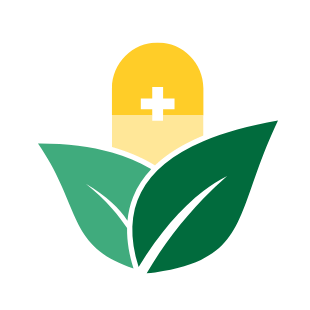You probably know chamomile for its use in calming teas. But did you know that in the right amount and extracted in a specific way, it can also help with prostate issues as benign prostate hyperplasia (BPH)?
How? Let’s have a look at what scientific studies have revealed!
Where? What? How?
Chamomile (Matricaria chamomilla), also known as German chamomile, is a member of a very wide range of different species belonging to Asteraceae family. Chamomile originated from Europe and western Asia, and is also found in Australia and North America.
The flower extracts are known for their sedative, anti-inflammatory and antioxidant properties, which have been demonstrated both in vitro and in vivo. Chamomile contains several phenolic compounds and flavonoids and its most active components are chamazulene, α-bisabolol and apigenin.
Chamomile is highly anti-inflammatory and antioxidant with a strong ROS (Reactive Oxygen Species) scavenging capacity. Its component α-bisabolol blocks cyclooxygenase-2 (COX-2) and 5-lipoxygenase (5-LOX) resulting in reduced prostaglandin and leukotriene synthesis. Chamazulene inhibits the synthesis of leukotrienes and is a strong antioxidant. Finally, apigenin, whose antioxidant properties have been shown specifically in prostate cells, inhibits several interleukins (IL-1, IL-6, IL-8) and tumor necrosis factor-α. This growth inhibition may also be due to apigenin via histone deacetylase inhibition, Akt inactivation and NF-kB downregulation. Altogether, these properties of Chamomile show that it can contribute to halt the swelling of the prostate in benign prostate hyperplasia (BPH) and help restore normal prostate function.
REFERENCES
Capuzzo A, Occhipinti A, & Maffei ME (2014) Antioxidant and radical scavenging activities of chamazulene. Natural product research 28:2321-2323
Sharma H, Kanwal R, Bhaskaran N, & Gupta S (2014) Plant flavone apigenin binds to nucleic acid bases and reduces oxidative DNA damage in prostate epithelial cells. PLoS One 9:e91588
Kaur P, Shukla S, & Gupta S (2008) Plant flavonoid apigenin inactivates Akt to trigger apoptosis in human prostate cancer: an in vitro and in vivo study. Carcinogenesis 29:2210-2217
Mirzoeva S, Kim ND, Chiu K, Franzen CA, Bergan RC, & Pelling JC (2008) Inhibition of HIF-1 alpha and VEGF expression by the chemopreventive bioflavonoid apigenin is accompanied by Akt inhibition in human prostate carcinoma PC3-M cells. Molecular carcinogenesis 47:686-700

